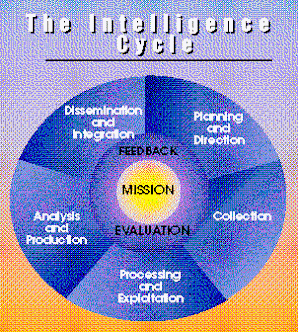Automated License Plate Scanners
 If you are behind the wheel of your car, someone may be on to you. More and more cities are equipping patrolmen, toll booths and even access roads with computer sidekicks that can keep track of vehicle movements; but by doing so, they are not only changing the face of 21st century law enforcement but sparking debate over privacy issues.
If you are behind the wheel of your car, someone may be on to you. More and more cities are equipping patrolmen, toll booths and even access roads with computer sidekicks that can keep track of vehicle movements; but by doing so, they are not only changing the face of 21st century law enforcement but sparking debate over privacy issues.
Automated license plate recognition systems (ALPRs) mounted in patrol cars, are capable of processing 1,500 license plates a minute, capturing a vast amount of data about the movements of both criminals and law-abiding citizens. For police, ALPRs allow them to solve auto theft cases, pick up wanted felons or monitor the movements of sexual predators. But privacy advocates fear the collected data may be mined for other purposes. For example, one side of a divorce case could potentially look through toll plaza records for circumstantial evidence of adultery.
The scanners are a boon to police work, having an impact that is as significant as the police radio was in the 1950s. "They truly are a force multiplier," says Sgt. Dan Gomez, the officer in charge of Los Angeles Police Department's Tactical Technology Unit. In a typical 10-hour shift, Gomez says, a police officer traditionally could run perhaps 100 license plates through the system — calling the information in or typing into a computer, then waiting for a response. In comparison, says Gomez, the APLR system can process between 2,000 to 2,500 license plate "hits" per patrol car in that same 10-hour shift.
"License Plate Scanners: Fighting Crime or Invading Privacy?", Time, 7/30/09.


0 comments:
Post a Comment